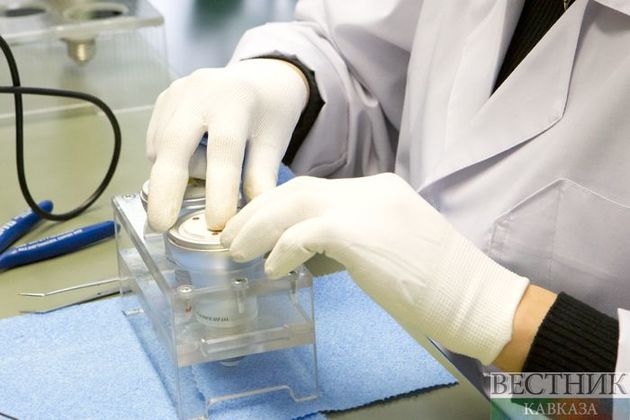Researchers at Washington University School of Medicine in St. Louis have identified an antibody that is highly protective at low doses against a wide range of viral variants.
Moreover, the antibody attaches to a part of the virus that differs little across the variants, meaning that it is unlikely for resistance to arise at this spot. The findings, available online in the journal Immunity, could be a step toward developing new antibody-based therapies that are less likely to lose their potency as the virus mutates.
To find neutralizing antibodies that work against a wide range of variants, the researchers began by immunizing mice with a key part of the spike protein known as the receptor-binding domain. Then, they extracted antibody-producing cells and obtained 43 antibodies from them that recognize the receptor-binding domain.
The researchers screened the 43 antibodies by measuring how well they prevented the original variant of SARS-CoV-2 from infecting cells in a dish. The researchers selected the two antibodies that were most effective at protecting mice from disease and tested them against a panel of viral variants.
The panel comprised viruses with spike proteins representing all four variants of concern (alpha, beta, gamma and delta), two variants of interest (kappa and iota), and several unnamed variants that are being monitored as potential threats. One antibody, SARS2-38, easily neutralized all the variants. The beta variant is notoriously resistant to antibodies, so its inability to resist SARS2-38 is particularly remarkable, the researchers noted.






